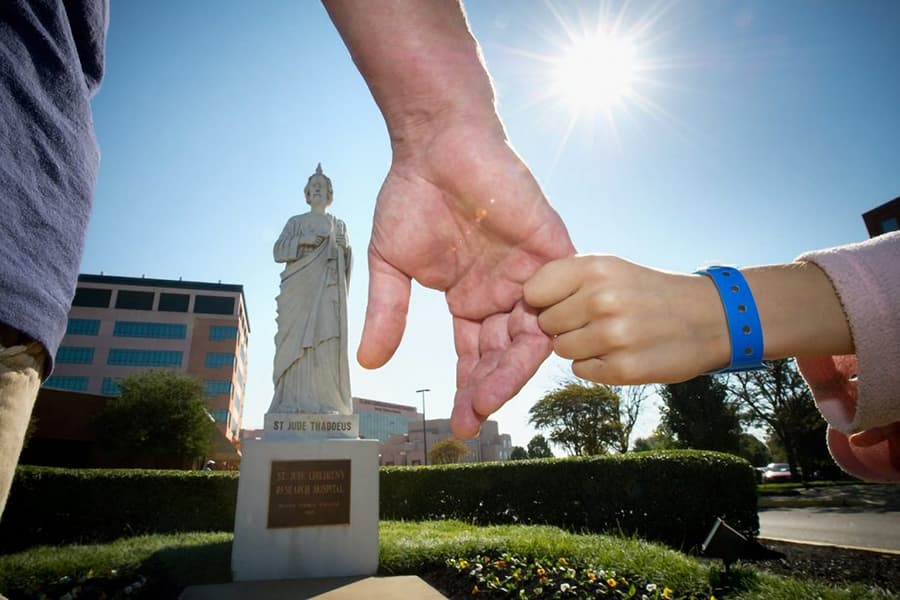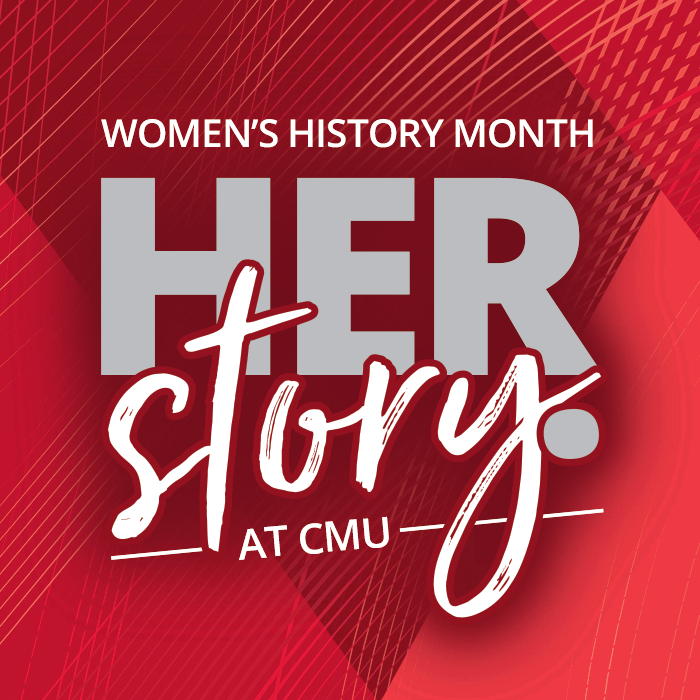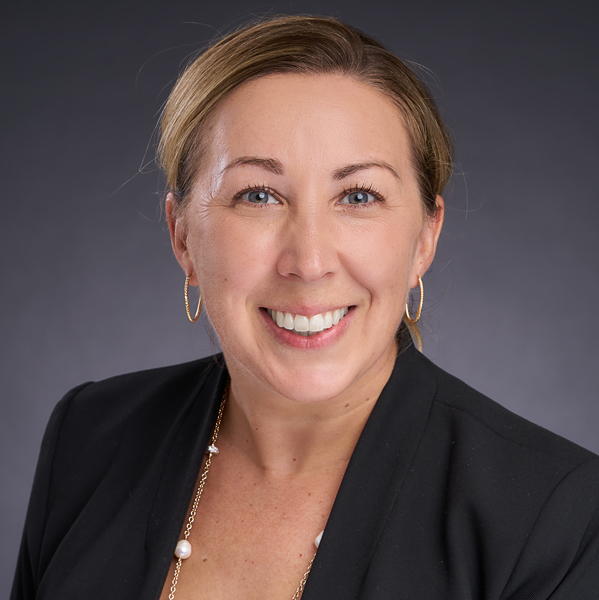
Health Data Tells a Human Story
Heinz College alumna combines her love of informatics with her passion for pediatric care and clinical research
By Scottie Barsotti
The explosion of data in the digital age has transformed all industries, but perhaps none more so than health care. From health technologies and telehealth to clinical informatics, health apps, and electronic health records, the care sector generates massive amounts of data each day. Each moment, really. Every patient interaction generates data. Each step of clinical research. Each patient satisfaction survey. Each prescription. Each procedure.
Historically, that data wouldn’t always be properly captured or effectively utilized. Today, leaders in the field of health informatics are using technology and quantitative management to change that—leaders like Dr. Shannon M. Dean (MMM ’21), Chief Medical Information Officer (CMIO) at St. Jude Children’s Research Hospital in Memphis.
“The opportunity to combine my background in pediatrics, my interest in pediatric oncology, the mission of St. Jude, and my knowledge and experience in health IT was a dream come true from a job perspective.”
“Like many physicians, I never started out with aspirations that I’d be involved in health care leadership or administration,” said Dr. Dean, “My aspirations were to take care of kids with cancer.”
True to that goal, Dr. Dean began her clinical career with a residency in pediatrics, followed by a fellowship in pediatric oncology. For a number of reasons—not the least being the emotionally taxing nature of the specialty—she decided in time that she needed a change of focus. After accepting a faculty position in the pediatric hospital medicine program at the University of Wisconsin, she stepped into a role as a pediatric physician “champion” helping UW Health transition to the EPIC electronic health record (EHR) system from the clinical side.
“It sparked in me this love of understanding the system as a whole, and everything happening behind the scenes that I had never thought about as a resident or a fellow,” she said. “I like thinking about systems and process improvement. It’s a natural tendency for me to recognize problems and then think about how to solve them.”
Dr. Dean ultimately became the first CMIO at UW Health, a role she served in for six years. For her, transitioning to the CMIO role at St. Jude is a move deeply rooted in mission.
“The opportunity to combine my background in pediatrics, my interest in pediatric oncology, the mission of St. Jude, and my knowledge and experience in health IT was a dream come true from a job perspective,” she said.
The CMIO Role – Bridging Health Information Systems and Patient Care
A growing priority among health organizations is to make health information systems and EHRs “interoperable,” meaning that patient data can be accurately and securely shared across organizations and providers. At the same time, organizations are ramping up their investments in health analytics and informatics to drive quality improvement and advance research.
“The more that clinical operational leaders understand the health IT systems at play in their environments, and what they can do to support care and the business of medicine—that’s a strategic advantage,” she said.
Dr. Dean says that the trick for health organizations is to build out teams with the right mix of people: not only with analysts who understand the technology and clinicians and operations leaders who understand the clinical side of care, but crucially also with the “bridge” individuals who are comfortable “with one foot in each canoe.” Clinical informaticists provide that bridge and are crucial to success in the application of health information technology.
The value and benefits of analytics and health IT have created a demand for informatics leaders at the enterprise level, including the CMIO role.
According to Dr. Dean, the CMIO role can look different depending on the organization. But what the role has in common across different contexts is serving as a liaison and translator between health IT analysts and their clinician and operations colleagues—a role well suited to a physician leader. She suggests that being a physician or clinician who understands what it’s like to take care of patients and interact with families changes your perspective and how you navigate difficult situations.
“I think most people in healthcare are patient-centric, but it’s different when you’ve been in the clinical environment and you understand those challenges first hand,“ she said.
At St. Jude, the CMIO also has opportunities to support the clinical research mission with the EHR and health IT, something that’s personally meaningful to Dr. Dean.
“That was happening at the university as well, but not quite as ingrained and embedded. Nearly all patients at St. Jude are on some type of clinical research protocol or plan, so their care has to be thought about in a different way than what is provided in other health systems.”
“There is a real need for physician leadership, and leadership doesn’t just have to be strictly administration. There’s a need for leadership in all aspects of health delivery, whether it’s within a medical school, a residency program, a research program—we all need additional development and training in order to advance the people around us, advance our patient care, and advance health care overall"
Preparing for a Different Kind of Leadership
When Dr. Dean was offered the CMIO role at UW Health, she asked for support to pursue specialized management training. Colleagues had told her about Heinz College’s Master of Medical Management for Physicians (MMM) program, which checked all the right boxes.
“There’s always something to learn that can make you a better leader,” she said. One aspect that caught her attention was that each MMM cohort is exclusively for experienced physicians, like her. “Being with people who are in the trenches doing the same work, facing the same challenges, and being able to have those discussions was really valuable. I don’t think I would have gotten that same experience out of a traditional MBA program.”
Dr. Dean was already well-versed in change management, and helping clinical teams adapt to change and feel supported through that process. But the MMM program provided critical skills in health finance, leadership strategy, and project management—she calls out Laura Synnott’s project management course specifically for teaching her to identify ways to improve projects and ask the right questions.
“There’s so much to learn about being a leader that we don’t learn in traditional medical school or residency programs,” she said. “There is a real need for physician leadership, and leadership doesn’t just have to be strictly administration. There’s a need for leadership in all aspects of health delivery, whether it’s within a medical school, a residency program, a research program—we all need additional development and training in order to advance the people around us, advance our patient care, and advance health care overall.”
Particularly in the COVID-19 era, physician leadership is more important than ever for establishing trust with frontline providers and clinical staff during an extremely difficult time.
“COVID has presented so many challenges. There was so much fear in the health workforce, and having physician leaders delivering the communication and the assurances was critical,” she said. “It let those working on the frontlines know that they had colleagues in the room when decisions were being made.”

